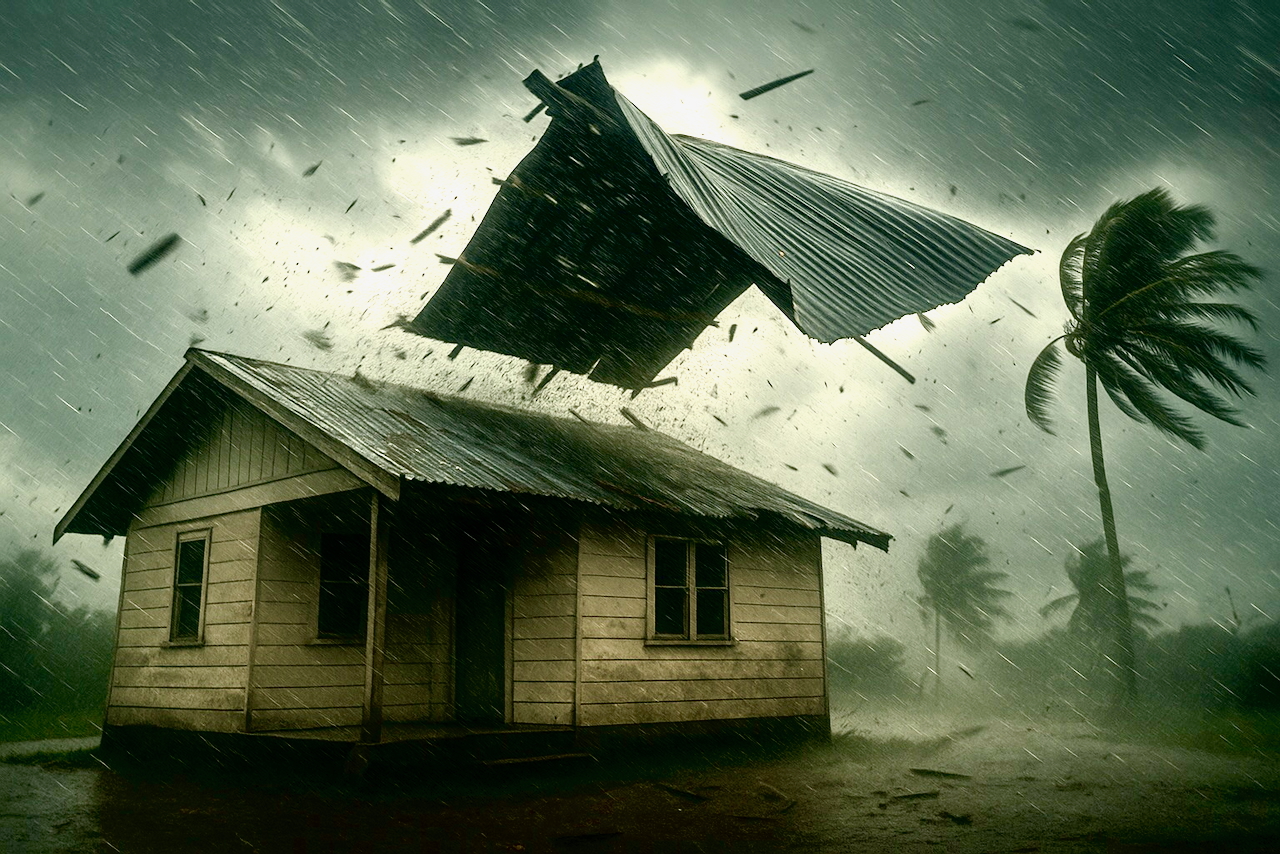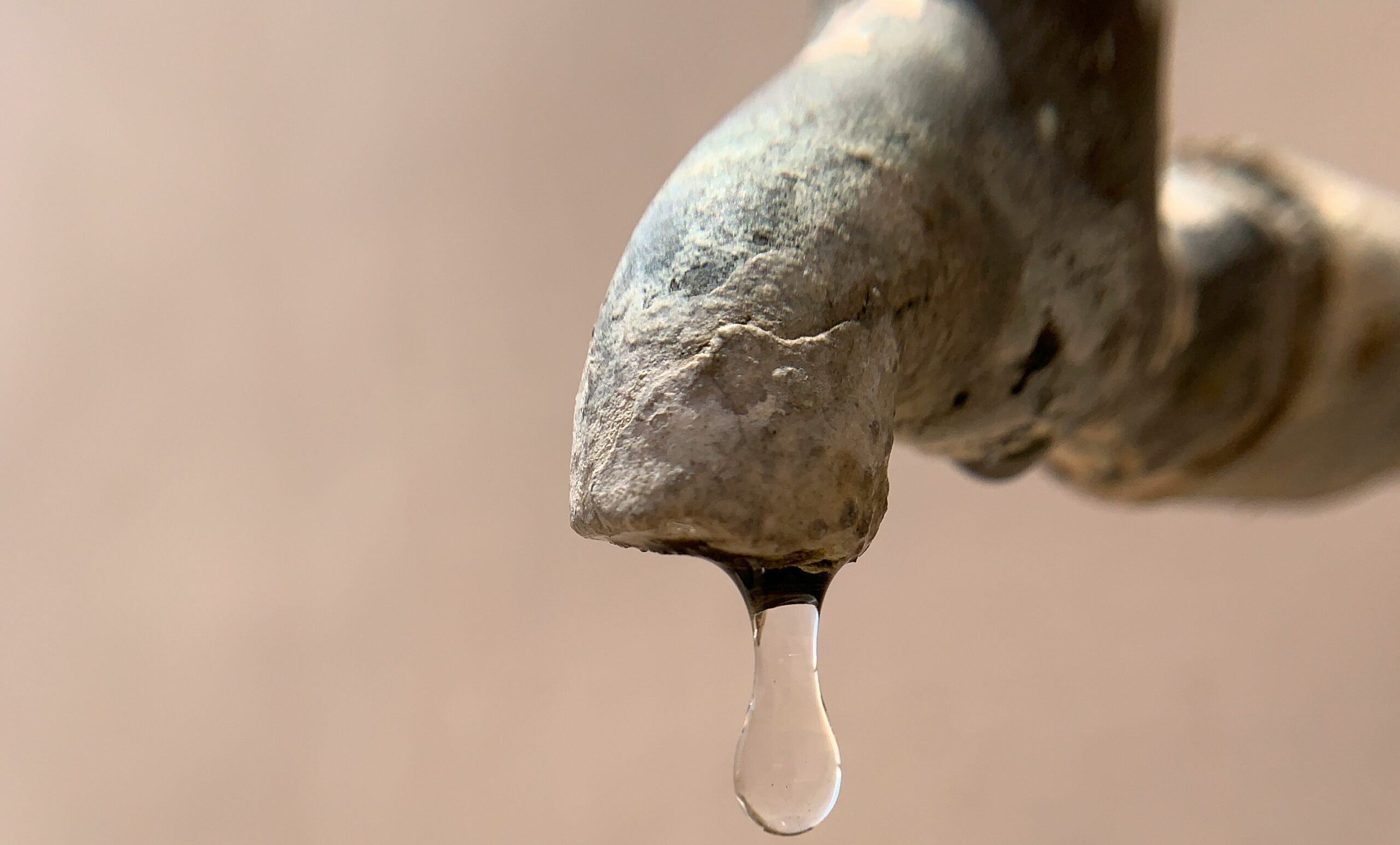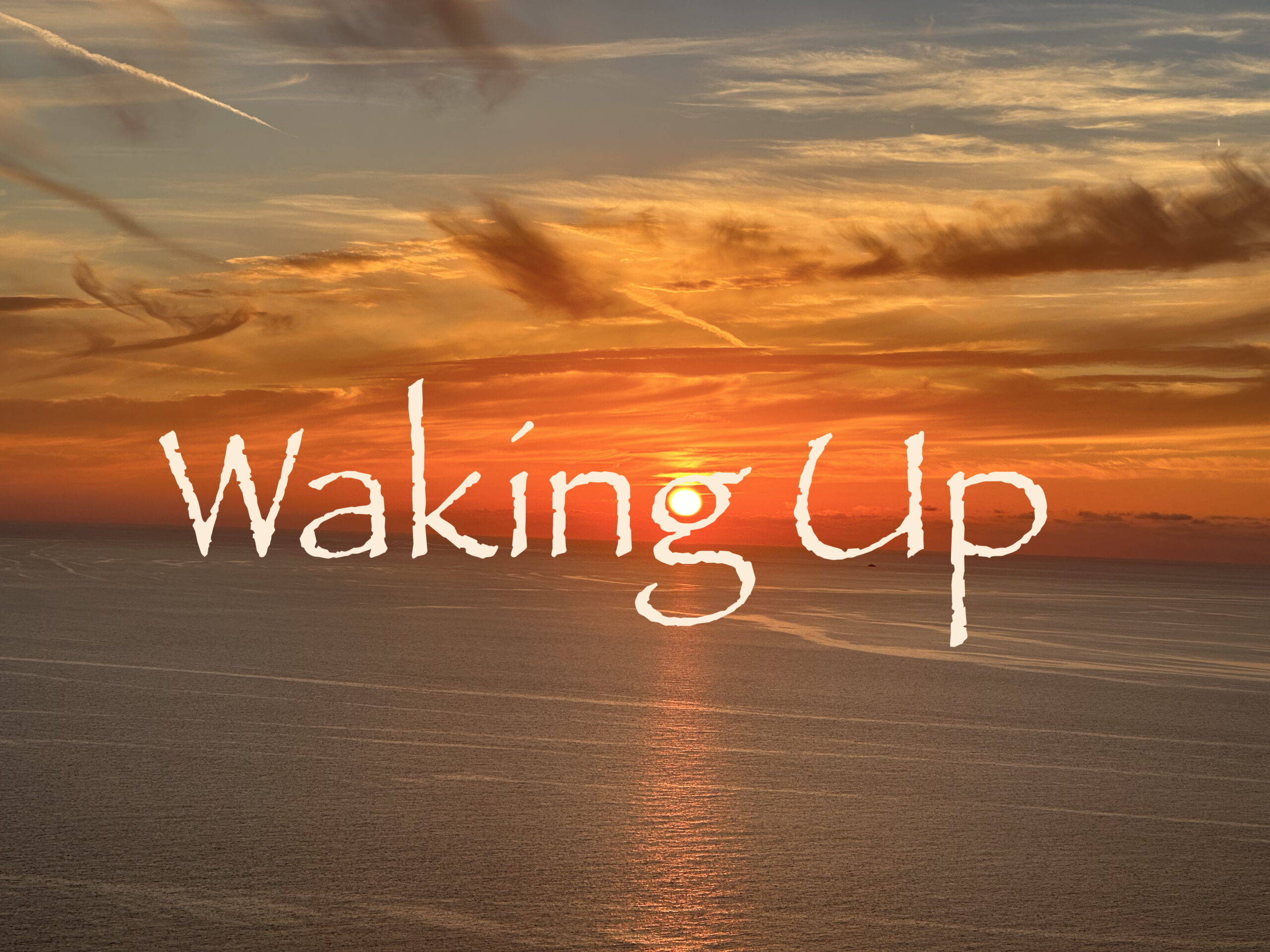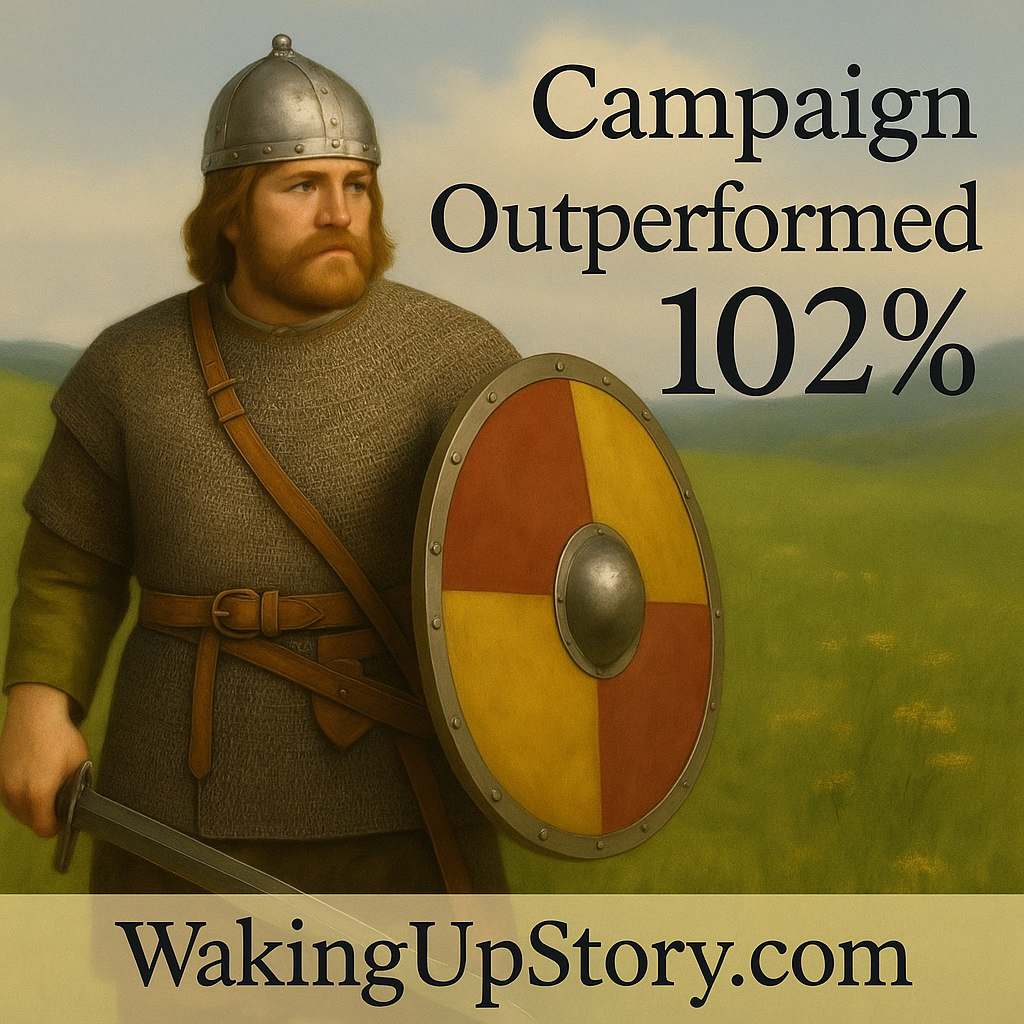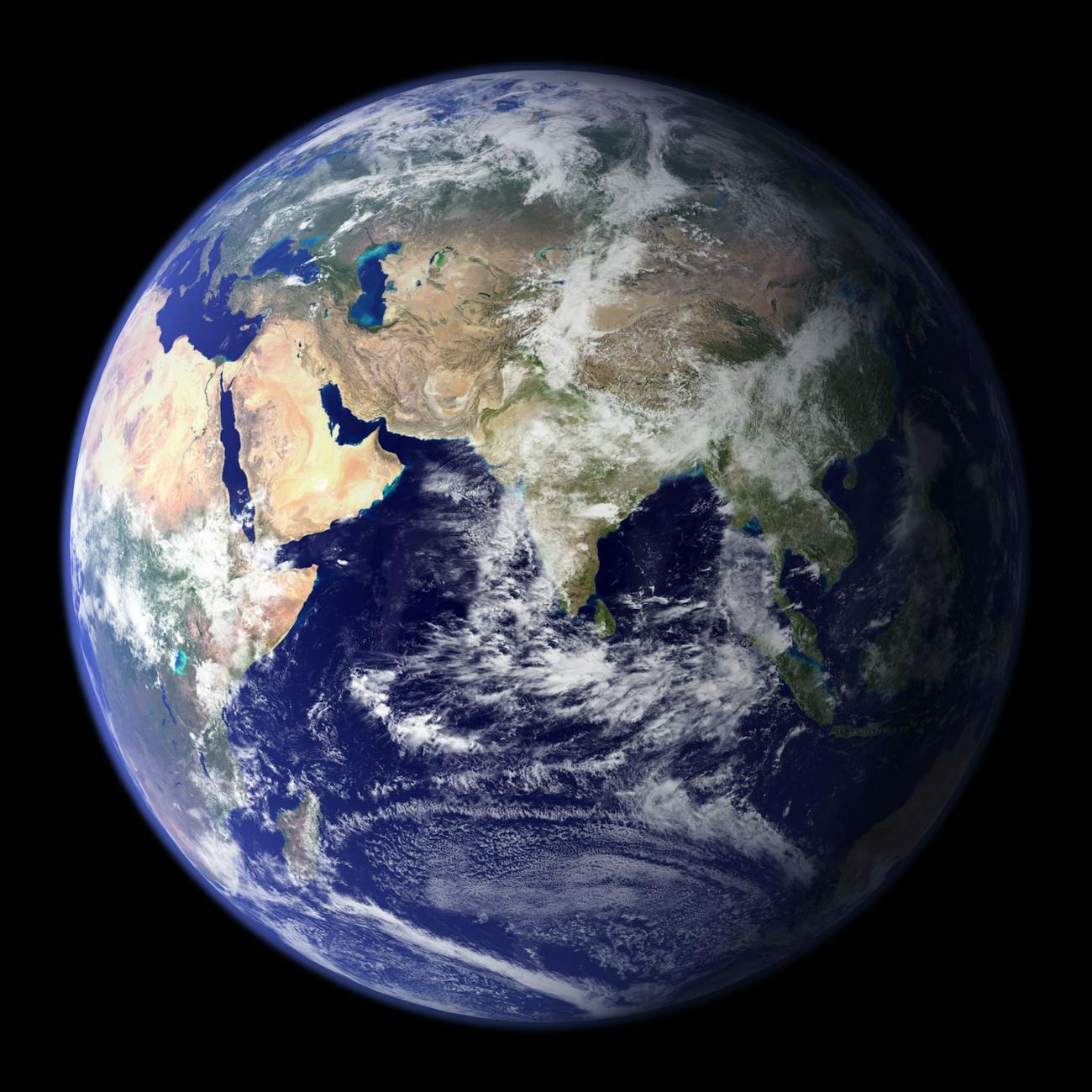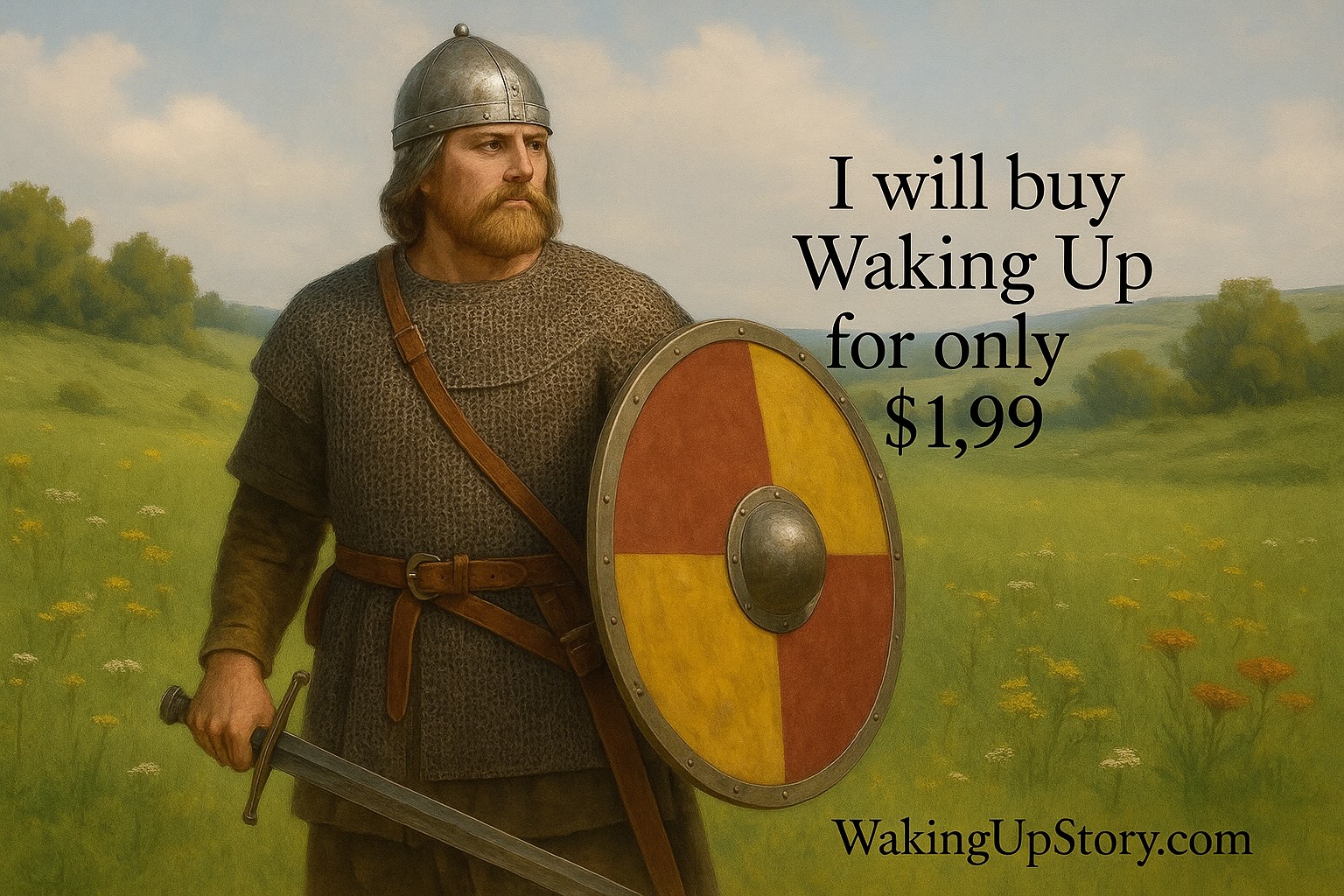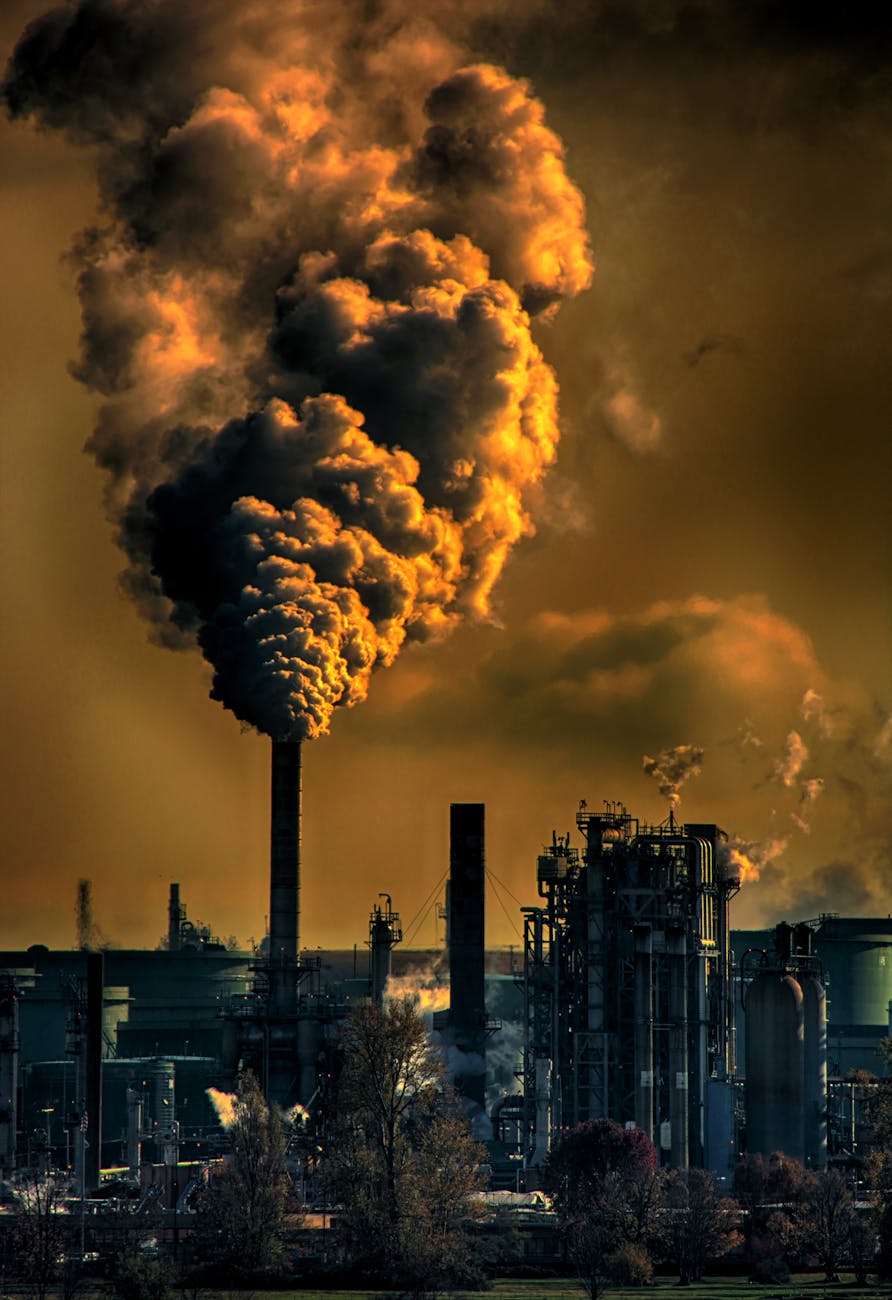Everyone talks about sustainability, but almost no one questions the systemic structure that makes sustainability impossible.
For decades, politicians, corporations, and well-meaning environmentalists have sung the same song:
“We must be more sustainable.”
More recycling. More green technology. More “eco-friendly” packaging. More energy-efficient cars and LED bulbs. On and on the chorus goes — a global choir repeating the mantra of sustainability while the Earth continues to burn.
But despite all the talk, the world’s condition worsens. The oceans fill with plastic, forests vanish, species disappear, and temperatures rise. Every summit, every agreement, every pledge — somehow the graphs still move in the wrong direction. Why?
Because none of them ever address the root cause:
The Monetary System itself.
⸻
The System That Requires Breakdown
In the monetary system, everything must eventually break down.
Not only products — but people, ecosystems, and peace.
This isn’t a conspiracy. It’s simple arithmetic. The monetary system is a machine that only moves when money circulates. For it to function, things must be constantly bought, sold, replaced, and repaired unless it can be replaced. If products lasted forever, if homes were self-sufficient, if people needed less instead of more — the economy would grind to a halt.
And so we have planned obsolescence — products deliberately designed to fail or become outdated. Phones that die after a few years, clothes that tear easily, cars that are cheaper to replace than repair. Waste isn’t an accident of the system; it’s a feature. The moment something lasts, it stops generating profit.
But the most effective form of obsolescence isn’t physical — it’s psychological.
Advertising convinces us that last year’s perfectly good clothes are suddenly out of fashion, that our still-functioning phone now makes us look poor or old-fashioned. It implants subtle dissatisfaction and status anxiety until we feel compelled to buy, buy, buy, buy, buy, buy, buy.
If we made phones that lasted twenty years, cars that never rusted, or clothes that didn’t tear — or if advertising stopped convincing us that last year’s styles were shameful relics — millions would lose their jobs.
In today’s world, sustainability is bankruptcy.
The Growth Trap
Every politician promises “economic growth.” Every company must deliver “quarterly growth.” Every nation competes for “GDP growth.” But growth, in a world of finite resources, is just another word for consuming more faster.
Imagine a tree that never stops growing. At first it’s impressive. Then it crushes its surroundings, breaks its roots, and topples under its own weight. That’s our global economy — a cancerous organism mistaking endless expansion for health.
The irony is brutal:
The more we grow economically, the poorer the planet becomes.
Every increase in GDP means another forest cut down, another mine opened, another shipment of “essential goods” crossing the world. The system rewards destruction and calls it development.
And because money creates dependency, even the well-intentioned are trapped. A farmer who wants to protect his land must still sell crops. A doctor who dreams of curing people must work within the insurance system. A scientist who invents a breakthrough battery must sell it to investors who only care about quarterly returns.
No one is free — not even those who want to do good.
⸻
Innovation or Reinvention of Waste?
We like to celebrate “innovation.” But much of what we call innovation is simply yet more waste reinvented — a slightly better phone, a shinier car, a new fashion line made with “50% recycled polyester.” The treadmill spins, and we clap for efficiency while the pile of trash grows.
The monetary system doesn’t reward real progress — it rewards marketable novelty.
If a company designs a technology that truly ends scarcity, it threatens every business model built on selling scarcity. That’s why free-energy devices never reach the market, why open-source solutions are underfunded, and why humanity’s brightest minds are hired to optimize ads instead of optimize life.
We have the technology to make abundance real.
But abundance is not profitable. Unfortunately.
⸻
How Money Divides What Nature Unites
Nature doesn’t bill for sunlight, charge for rain, or issue invoices for oxygen. It flows. It shares. It recycles perfectly. The only species that interrupts this harmony is the one that put a price tag on everything.
Money divides what nature unites.
It turns cooperation into competition, generosity into transaction, and trust into contract.
It teaches us to see each other not as extensions of ourselves, but as resources to extract from or threats to outcompete.
The results are everywhere: loneliness, burnout, exploitation, and war.
Even peace becomes an industry — financed, negotiated, and sold.
And still, we wonder why sustainability seems unreachable.
⸻
Beyond the Economy
A truly sustainable world begins when we stop asking how to fix the economy and start asking why we need one at all.
What if we designed systems not for profit but for wellbeing?
What if we measured success in health, harmony, and happiness — not in money?
What if technology served life instead of the market?
The truth is that money once had a purpose. It simplified trade when resources were scarce and communication was limited. But today, technology has removed those limits. We can coordinate globally, automate production, and distribute abundance intelligently. The old operating system — money — has become the bottleneck. It forces artificial scarcity in a world that could already be free.
It’s not that humanity lacks solutions. It’s that the current system forbids them due to its profit demand.
⸻
The Shift Ahead
When people hear about a world beyond money, many recoil:
“Without money, how would we build roads? How would people work? Who would do the hard jobs?”
But those questions only make sense inside the monetary mindset. In a natural exchange system — a world based on contribution, access, and stewardship — the answers change completely. Roads are built because people need them, not because someone profits. Work is shared according to passion and skill, not survival. Technology handles the labor that nobody enjoys.
That is not utopia — it’s simply evolution. A new operating system for an awakened humanity.
⸻
The End of the Old Song
So the next time a politician preaches about sustainability, ask:
“Do you mean sustainability of the planet — or sustainability of the economy?”
Because those two are no longer compatible.
A world that survives by endless consumption will consume itself… and die.
And a species that measures life in profit will soon find life too expensive to afford.
Money was humanity’s cleverest invention — and now it’s our most dangerous addiction.
It’s time to wake up, log out of the old system, and begin designing the new one.
Because a sustainable world — a peaceful, abundant, balanced world —
will never be built within the monetary system.
It begins after it.
⸻
Beyond Money
Discover how humanity could move beyond money and create a world that truly works — for people, communities, and the planet.
👉 Read Waking Up – A Journey Towards a New Dawn for Humanity here:


